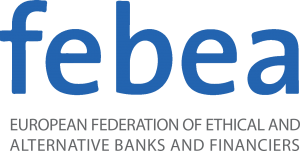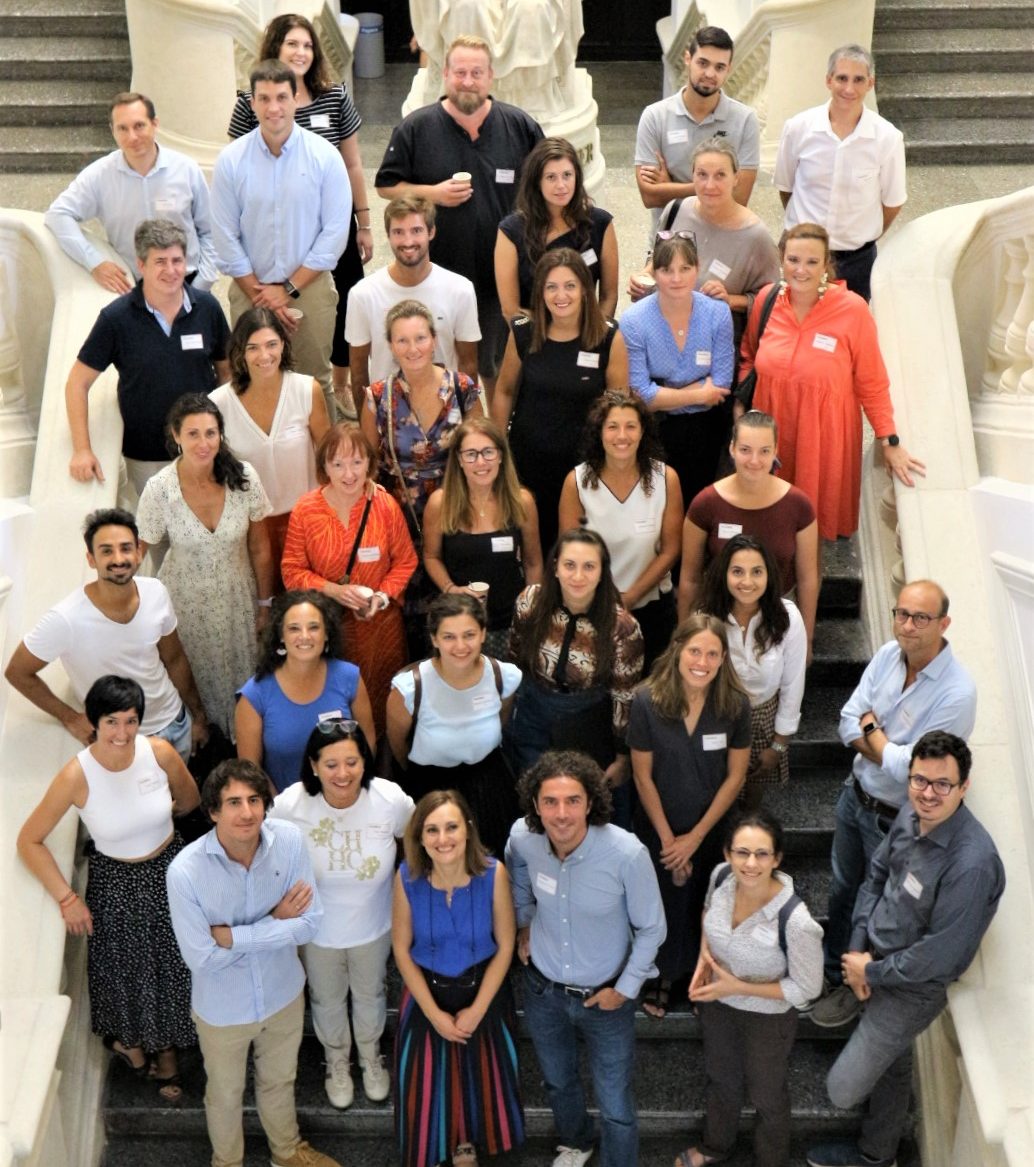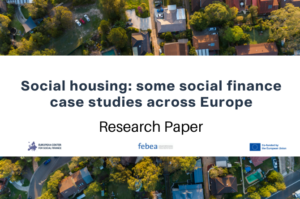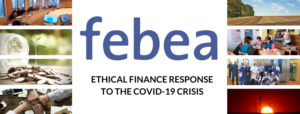Imagine, like the song says, a world where not a single piece of fruit is wasted. Where every food item that is produced it’s done so precisely that ends up in someone’s mouth.
According to the UN, globally, around 14% of food produced is lost between harvest and retail, while an estimated 17 percent of total global food production is wasted. Food loss and waste undermine the sustainability of our food systems. When food is lost or wasted, all the resources that were used to produce this food go to waste as well. This includes water, land, energy, labour and capital. In addition, the disposal of food loss and waste in landfills, leads to greenhouse gas emissions, contributing to climate change. Food loss and waste can also negatively impact food security and food availability, and contribute to increasing the cost of food.
And this is where FOODRUS comes in.
What’s FoodRUs?
The overall objective of FoodRUs is to enhance the resilience and sustainability of local and regional European food systems. This is meant to be achieved deploying and demonstrating the value of 12 innovative solutions and replicated in 3 complementary regions in Europe. They will promote sustainable and cooperative models for prevention, reutilisation, recovery and valorisation of food losses and waste, paying special attention on perishable food, including cooked food.
The way the project partners are trying to reach this goal is through a Circular Food Data Management Platform (FoodRUs Suite). While this is based on Fiware and Blockchain technologies. If you don’t know much about blockchain (don’t worry, many people don’t). You probably have heard about it when talking on cryptocurrency. Well, this technology can also be used for good since it will provide efficient data management in order to provide stakeholders with tangible criteria and operational decision-making tools. This way, value chains will holistically and cooperatively enhance the effectiveness of the deployed strategies.
But… what does FEBEA have to do with all this?
FEBEA is applying its expertise in the sustainable finance field to define coherent financial circuits extracted from the circular business model. We will also collect significant best practices already in place in similar fields and collaborate in the dissemination of results throughout its partner networks and members.
We will also be involved in the Ethics Helpdesk to address potential ethical issues for the solutions developed by the consortium, as well as for the data that shall be collected from the pilots.
The Federation will provide its expertise in both finance and ethics to the project, thus making sure that the project’s results are sustainable.
Latest news from the project: Networking in Deusto
The last 12th and 13th of September, all the people involved in the FOODRUS project gathered in Deusto (Spain) for the first in-person Consortium meeting. There was an exchange of information, questions, doubts and laughs that will help the project to develop smoothly.
“It was a great opportunity to meet the various partners FEBEA has been working with on a remote-only basis for almost two years”, states the Project Manager of FEBEA, Gian-Luca Gasparini: “It was hosted by the university of Deusto in Bilbao, it was also an opportunity to explore the city and enjoy the excellent food”.
Batteries have been charged again to keep working towards a new world with less food waste in it.
Where’s FOODRUS now?
So far it involves three demonstration sites across three European locations, each with its own food value chain focus: Spain, Slovakia and Denmark. Three different food markets are being analysed at the same time: salad value chain, bread value chain and fish and meat value chain.
The innovative solutions developed by FOODRUS will empower and engage all actors in local food systems, from farmers to end-consumers and everyone in between, to build a multi-actor alliance to tackle the challenge of food loss and waste.
We need circular solutions for resilient food systems.
SLOVAKIA PILOT
If you would like to know more about other FEBEA projects, click here.




